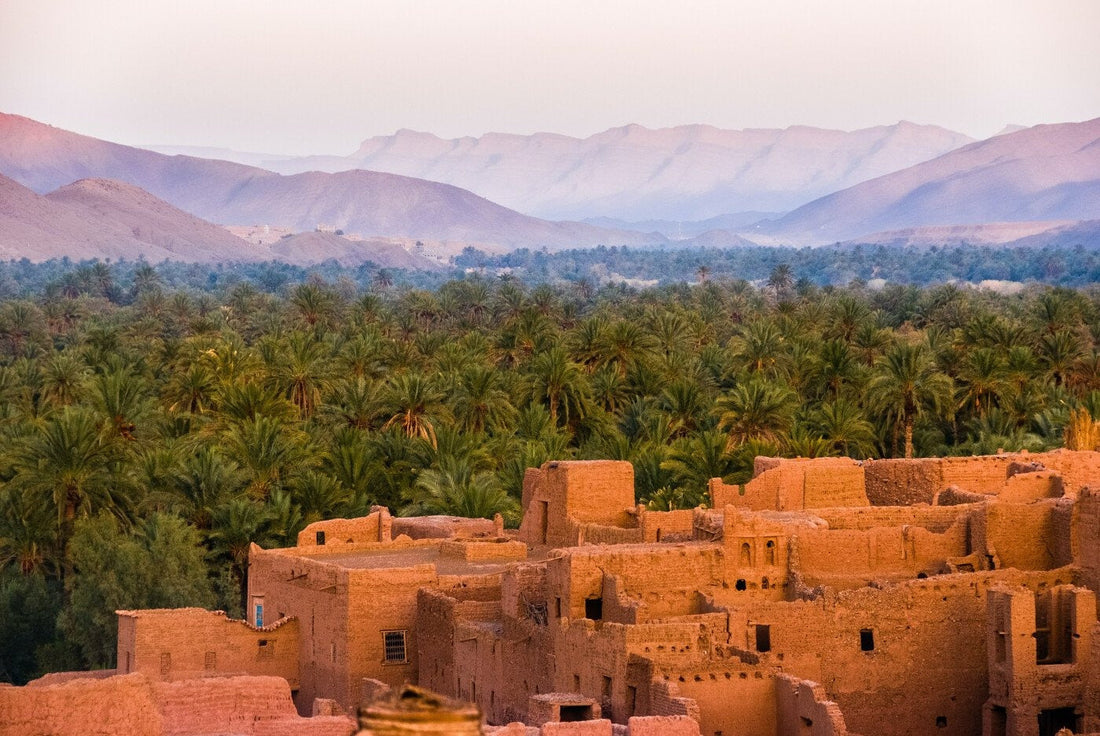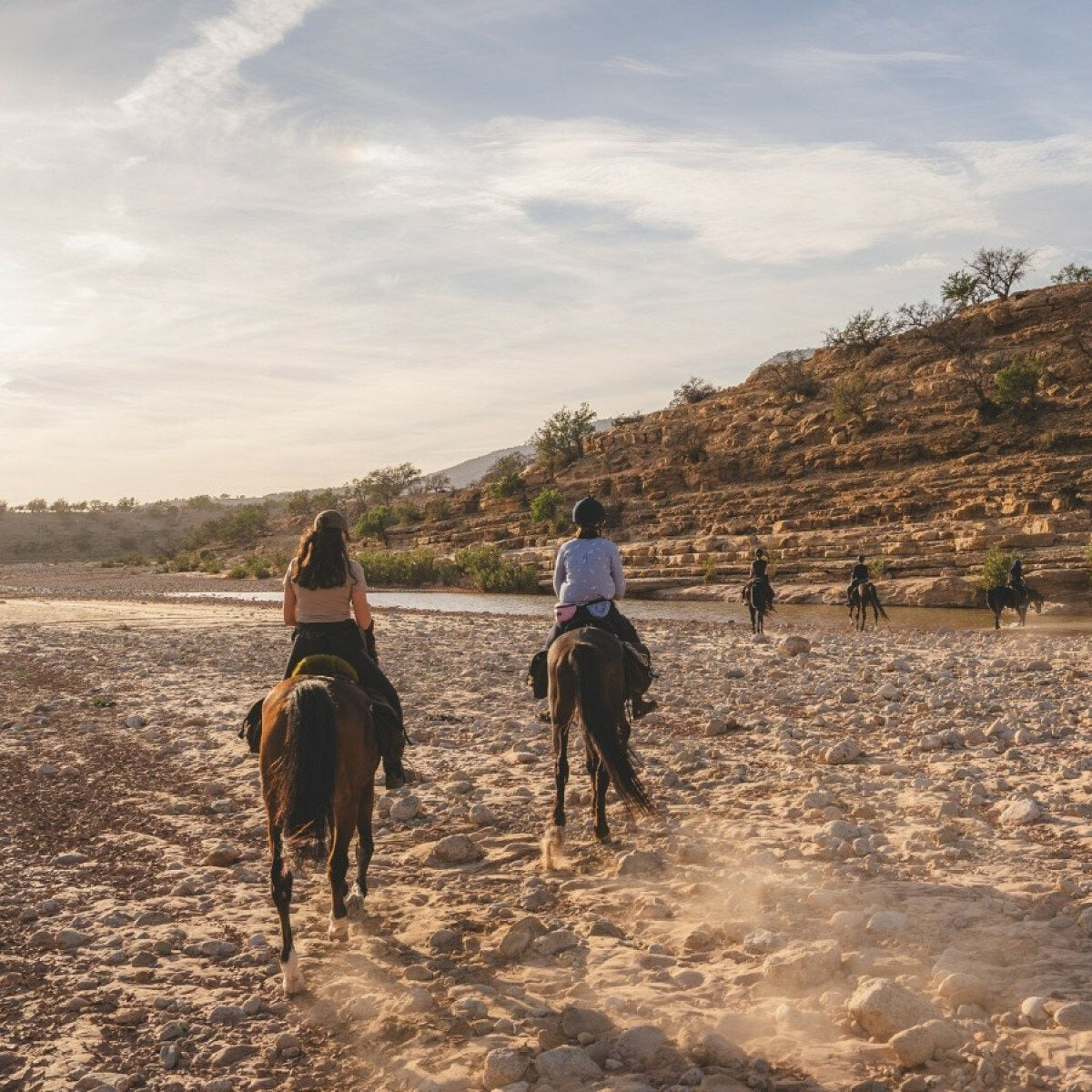
Morocco is a North African country with very ancient origins. Its history dates back to prehistoric times, marked by the presence of several populations who, according to some historians, also migrated to Western countries.
Subsequently, the country was occupied by the Phoenicians, Carthaginians, and Romans, until 788, when the first Arab dynasty, the Idrisids, rose to power. They ruled Morocco until around 1000 AD; the years of their rule were characterized by flourishing cultural, artistic, and architectural activity. Islam spread, and numerous cities were founded, such as Fez , which remained the capital until the end of the dynasty.
What is the religion of Morocco?
The official religion practiced by the majority of the population is Islam, of Sunni origin and Maliki tradition. The Sunni faith is the most widespread in the Islamic world and is based on respect for the Sunnah, considered a code of ethics, law, and behavior to which believers adhere. It also believes it interprets the Quran correctly. This current is divided into four schools, including Maliki, most widespread in North Africa, which is based on the teachings of Malik ibn Anas of Medina. Beyond the official religion, numerous minorities exist, including Christians, Jews, and, among some Berber populations—the few remaining—a very ancient pre-Islamic religion is practiced.
Geography and economy of Morocco
Morocco's terrain is highly diverse, ranging from mountains to plains, from desert to coastal areas. This geographical heterogeneity characterizes another phenomenon: climate. In fact, the country itself is home to mountain ranges, such as the Rif Mountains and the Middle Atlas, dominated by low temperatures and snow, and the Sahara Desert, where temperatures can reach 50 degrees Celsius.
The state borders Mauritania to the south and Algeria to the east, while to the north and west it is bathed by the Atlantic Ocean and the Mediterranean Sea.
Morocco's economy has seen remarkable growth since the late 1990s. Agri-food production is the most developed sector, characterized by vegetables, legumes, and meat; this great variety of foods is also what makes Morocco's ancient and vast cuisine possible. Another highly developed and important sector is tourism.
Morocco history and traditions
Morocco's history is as ancient as its name. The name derives from the city of Marrakesh, once and still today one of the country's most important cultural and social centers. Over the centuries, thanks in part to cultural exchanges with other Mediterranean countries, the city's name has undergone changes, culminating in the form we know today: Marocco.

In the Modern and Contemporary Ages, it was at the center of British and French colonialism, which ended with Morocco's independence in the mid-1950s. The country's culture is steeped in centuries of history: from traditional Gnawa music to food like couscous, from the bright colors that dominate the cities to rituals, celebrations, and places of worship. Every town, large and small, in Morocco offers opportunities to learn and appreciate Moroccan culture.
Tourist geography of Morocco
Morocco is a country that offers experiences of all kinds. You can visit cities like Marrakech, Fez, and Tangier , all overlooking the sea. In these cities, in addition to strolling through the charming alleys, you can lose yourself in the famous souks , craft and spice markets, where you can taste traditional dishes and visit historic buildings.
Other activities include desert excursions . There are many ways to do this: on foot, through horseback trekking , or on a camel , all offering a unique view and memory of Morocco. These are just some of the activities in Morocco offered by Ranch de Diabat.
Another unique experience offered by the Ranch is to witness and take part in the world-famous Moroccan Tea ritual at sunset on the beach .
All activities allow you to fully immerse yourself in the culture and religion of the country.



